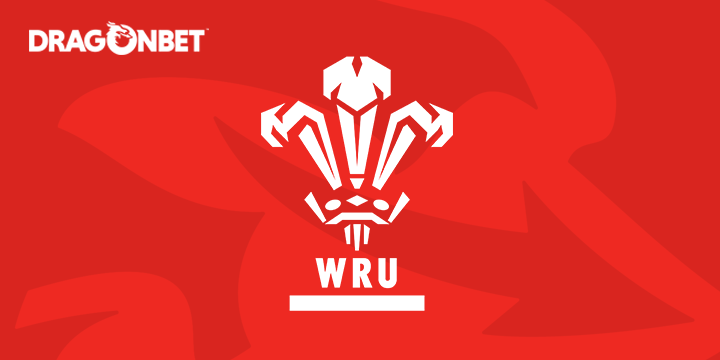
By Graham Thomas
He may not have quite matched Billy McCandless’ 1948 record of winning his first three games in charge, but Graham Potter did okay as manager of Swansea City.
There was no promotion from the Championship to the Premier League – the Swans finished 10th in his one season in charge in 2018-2019 – but there was enough to admire to realise why England may now be keen to make him their successor to the departed Gareth Southgate.
Put simply, Potter has many of the Southgate character traits, plus a few useful add-ons.
He shares the calm, unruffled demeanour in public, the level-headed reaction to praise as well as mockery, and his slim frame makes him look just as good in an English FA suite.
The extras – though much more apparent at Brighton than they were at Chelsea – are an ability to build a winning team through progressive, attacking football which does not break down entirely under the pressure of strong opposition.
Potter may have failed at Chelsea, in the sense that he was sacked by the owners slightly earlier than most of their managers are sacked, but his reputation remained largely undamaged.
His coaching principles and methods date back to when he was in charge of Swedish side Östersunds, from where the Swans hired him.
On his desk at the Swans’ training ground was a copy of a book, given to him by the Swedish club, and in which they had helpfully assembled and printed all those guiding beliefs.
Much of it sounds as if it could have come out of the mouth of Southgate, such as this section on professionalism as a manager, where he says: “What we need to do is try to create an environment where the players feel empowered, confident and motivated enough to make their own decisions and stand by those, because that‘s ultimately how you can develop players and the team.
“I can’t stand on the side and say “oh stop ref, I need five minutes here to talk to the team”, you’ve got to be able to develop players to be able to take those decisions.”
So far, so Southgate.
But Potter was not afraid to drop popular players at Swansea and further in his little black book are suggestions he might be more ruthless than Southgate when it come to sweeping out the old guard and bringing in the new – in much the same way Craig Bellamy has suggested he will act now he is about to set out a fresh chapter with Wales.
Potter says: “When you have team selections or decisions around how you want to play, there’s a safe way – that may protect you – or there’s a brave way.
“And even if it’s a 50-50 decision, you end up with the brave way because it’s one of your values.
“The value system can help to make decisions when there are difficult choices to be made.”
Much of this sounds like it could have come from Bellamy himself when he conducted his first press conference after being appointed by the FAW.
For both Wales and England, being brave and bold in managerial terms would mark a break from the pragmatism associated with both Rob Page and Southgate.Most fans are unlikely to be critical for moving things in that direction, but as ever, it will be results that will help keep them in their jobs for the long haul


















